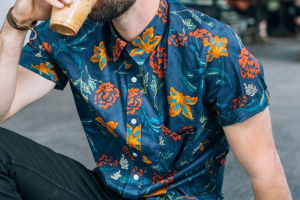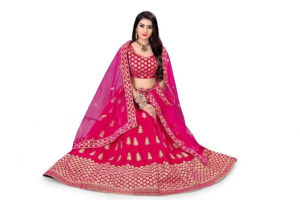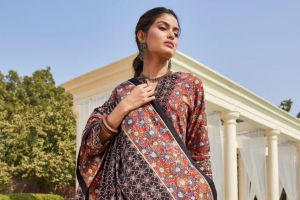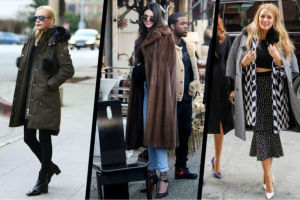Oktoberfest in Germany- Celebration of Traditional Bavarian Festivities
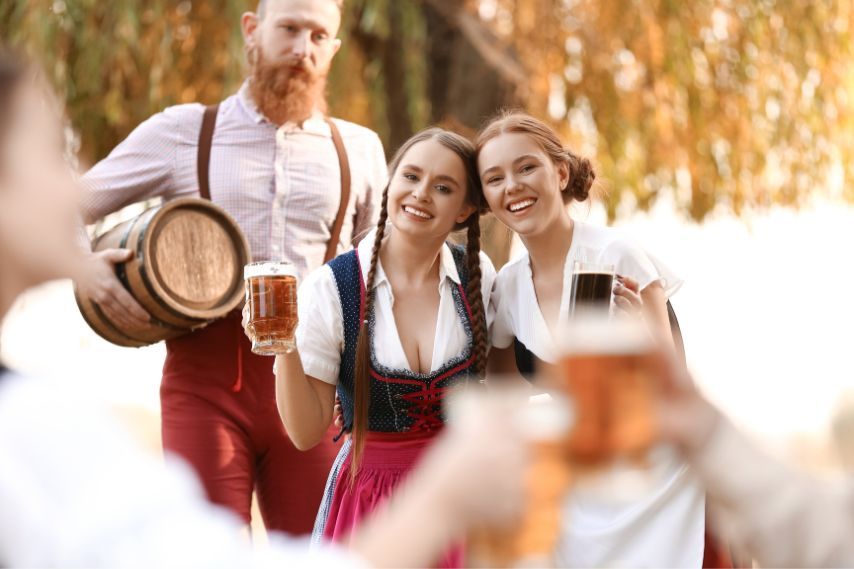
Experience the magic of Oktoberfest
Oktoberfest is a German beer festival adored worldwide! It originated in 1810; this extraordinary carnival unfolds over a fortnight from late September to early October. It was spinning a tale of celebration and camaraderie. In the Theresienwiese, a 42-acre haven magically transformed into a lively amphitheater pulsating with life.
Note: What truly makes Oktoberfest legendary is the staggering amount of beer consumed. Munich's top breweries pour an astonishing 7 million liters, creating an unparalleled atmosphere of camaraderie and merriment.
The History of Oktoberfest
The history of Oktoberfest dates back to October 12, 1810, in Munich, Bavaria, Germany. The festival originated as a marriage celebration between Crown Prince Ludwig, who later became King Ludwig I of Bavaria, and Princess Therese of Saxony-Hildburghausen. The citizens of Munich were invited to attend the royal festivities held on the fields in front of the city gates. The event included horse races, parades, music, dancing, and various forms of entertainment.
The festivities were so successful that it was decided to repeat the celebration the following year, marking the beginning of what would later become the annual Oktoberfest tradition. Over the years, Oktoberfest evolved and expanded, incorporating more elements of Bavarian culture and attracting visitors worldwide.
Location and Duration of Oktoberfest
Oktoberfest is held in Munich, Germany, in Theresienwiese Ground, fondly known as "Wiesn." This expansive, vibrant festival ground captures the essence of Bavaria. The festivities span 16 to 18 days, starting in late September and concluding on the first Sunday of October. This extended duration allows both local and international attendees ample time to fully engage in the Oktoberfest experience.
Key Features and Attractions
Here are the key features and attractions of the Oktoberfest.
1. Major Oktoberfest Beer Tents (e.g., Hofbräu, Paulaner, Augustiner)
At Oktoberfest, the iconic large and small beer tents offer diverse experiences. The grand Hofbräu tent hosts a lively spectacle for thousands, Paulaner provides an intimate and refined setting, while Augustiner exudes authenticity in a cozy atmosphere. Each large or small Oktoberfest tent contributes uniquely to the city’s rich history and vibrant spirit, showcasing the best of German winemaking and hospitality.
Beer is central to Bavarian culture, particularly during Oktoberfest in Munich. This celebration showcases Munich's national beers, renowned for their traditional brewing methods and distinct flavors.
Beers from 6 famous local breweries are served in Maß, enhancing the joy of the festival and complementing the rich Bavarian cuisine like pretzels and sausages. With an ideal 6% ABV, these beers add to the festival's lively atmosphere.
Every year, millions of liters flow into the iconic beer steins, creating an atmosphere for hearty toasts and hearty laughs.
2. Atmosphere, Music, and Traditional Bavarian Decorations
Enter the Oktoberfest beer tent, where lively Bavarian music fuels animated camaraderie. The decorated pavilion, adorned with colorful flags and classic beer steins, promises an immersive experience for every visitor, creating an authentic and vibrant atmosphere
Parades and Events
Here are a few parades and events.
1. Opening Parade and Ceremony
The Oktoberfest Opening Parade and Ceremony showcase the rich cultural heritage of Bavaria in a lively spectacle. Locals don traditional Oktoberfest costumes, filling the streets with a burst of color and cultural pride. Traditional music, featuring accordions and brass instruments, adds to the festive atmosphere.
Elaborate floats depict Bavarian history and brewing artistry, creating a visually stunning display. The ceremony culminates in a symbolic toast, officially inaugurating Oktoberfest, often accompanied by the mayor tapping the first keg. This marks the beginning of weeks filled with camaraderie, laughter, and the enjoyment of world-class beer.
2. Traditional German Costumes (Lederhosen and Dirndls)
During Oktoberfest, participants from near and far embrace the traditional Bavarian dress code, Lederhosen for men and German dirndls for women. Beyond contributing to the lively ambiance, these traditional German garments are a tribute to the festival's deep cultural roots, injecting authenticity and refinement into the festivities.
Traditional Bavarian Food
Here is a list of traditional Bavarian food.
1. Signature Dishes (e.g., Pretzels, Sausages, Roast Chicken)
Immerse yourself in the heart of Bavaria at Oktoberfest as you savor our distinctive dishes, featuring pretzels laced with mustard, savory sausages, and delectable grilled chicken. These culinary delights transcend mere taste; they form an essential element of the Oktoberfest experience, providing an authentic expedition into Bavarian cuisine that ensures your celebration becomes an indelible memory.
2. Importance of Traditional Bavarian Cuisine During Oktoberfest
Traditional Bavarian food isn’t just delicious; It’s a cultural cornerstone at Oktoberfest. These delicious dishes complement the beers on offer and showcase the area’s rich culinary heritage, providing festival-goers with an exciting culinary journey.
Amusement Rides and Games
Here are amusements of rides and games.
1. Fairgrounds and Attractions
Oktoberfest goes beyond its renowned beer and cuisine, offering a diverse range of enjoyable rides and games, from classic carousels to exhilarating roller coasters. It seamlessly blends tradition with excitement for attendees of all ages.
2. Entertainment at Oktoberfest
Oktoberfest's entertainment history has evolved, becoming vital to the festival. From humble beginnings, the rides contribute to the dynamic and festive spirit that defines the event.
Cultural Significance Of Oktoberfest
Beyond the frothy drinks and lively celebrations, Oktoberfest stands as a fascinating expression of German culture. Traditional music, costumes, and culinary flavors combine to create an immersive experience that allows locals and visitors to enjoy the rich fabric of German heritage. The festival’s economic impact reverberates throughout Munich, emphasizing it as a cultural and economic hub.
Oktoberfest’s influence extends beyond Munich’s borders, reflecting the international beer festival scene. The emphasis on tradition, atmosphere, and craft excellence sets a standard that many other festivals worldwide aspire to emulate. Oktoberfest’s legacy is not limited to location; It buzzes wherever beer enthusiasts gather to celebrate the joys of brewing.
Conclusion
As Oktoberfest continues to influence international beer festivals, its legacy will live on as a symbol of unity, passion, and the art of brewing. Each time the stein is raised, the festival invites locals and global visitors to the lively celebration of German culture and the timeless tradition of Oktoberfest.
